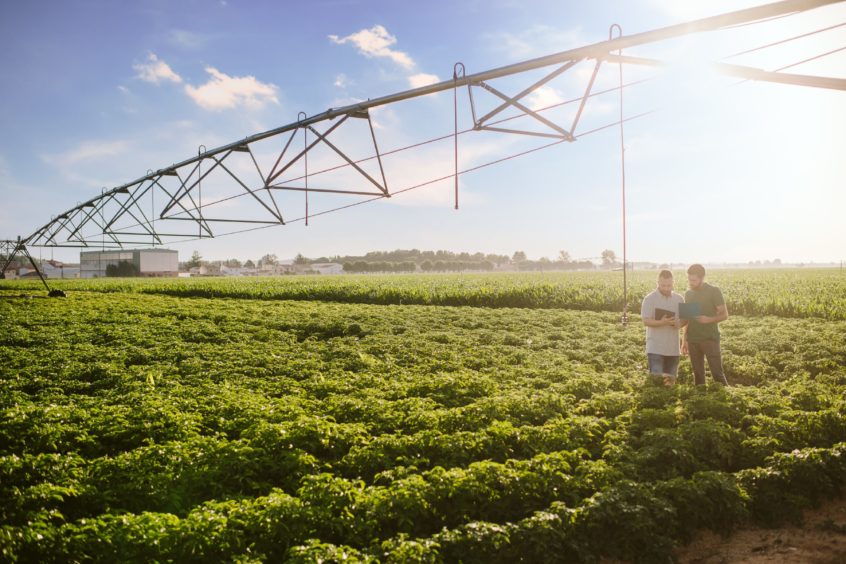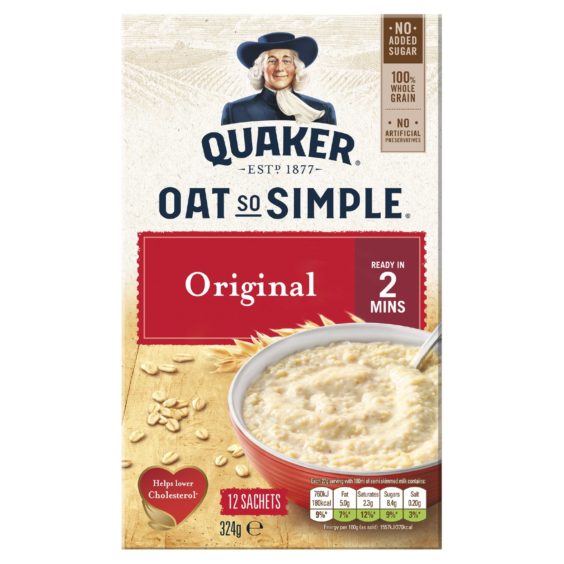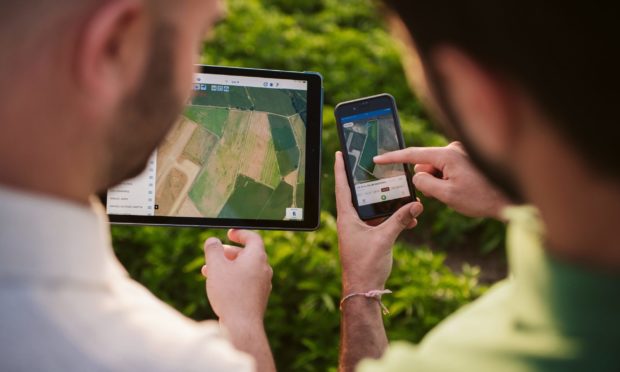Food and drink giant PepsiCo has revealed plans to spread the adoption of regenerative agriculture across seven million acres of the globe.
The area is roughly equivalent to the multinational’s total agricultural footprint, and PepsiCo estimates the effort would eliminate at least three million tons of greenhouse gas emissions by the end of the decade.
PepsiCo is one of the biggest food and drink companies in the world, and in the UK it buys 290,000 tonnes of potatoes as well as oats for its Quaker business at Cupar.
Now it has committed to sourcing 100% of its key ingredients and improving the livelihoods of more than 250,000 people in its agricultural supply chain and communities.

PepsiCo Europe chief executive Silviu Popavici said crops needed to be resilient to climate change and grown so they “positively impact the planet”.
He added: “We will do that by focusing on collaboration, acceleration and transformation of farming practices.
Collaboration
“We need to collaborate with stakeholders, including farmers and our ingredient suppliers and we need to accelerate regenerative practices at scale, so they become the norm for farmers.
“Finally, it’s time for a digital revolution on farms, making data as critical as the tractor in order to grow crops more sustainably.”
The company intends to drive the regenerative farming agenda and advance the adoption of new practices by enabling virtual peer-to-peer learning across Europe.
Farmers will be supported to grow more, using less natural resources, and precision farming techniques will provide both measurement and insights.

Some projects are already up and running, such as Quaker’s “opti-oat” initiative, which uses data point to guide producers on how to grow the “perfect oat,” improve yields and create a more sustainable source of oats.
On its potato crops, the company will promote its iCrop technology, which helps farmers understand crop performance and the right amount of water and fertiliser to use.
